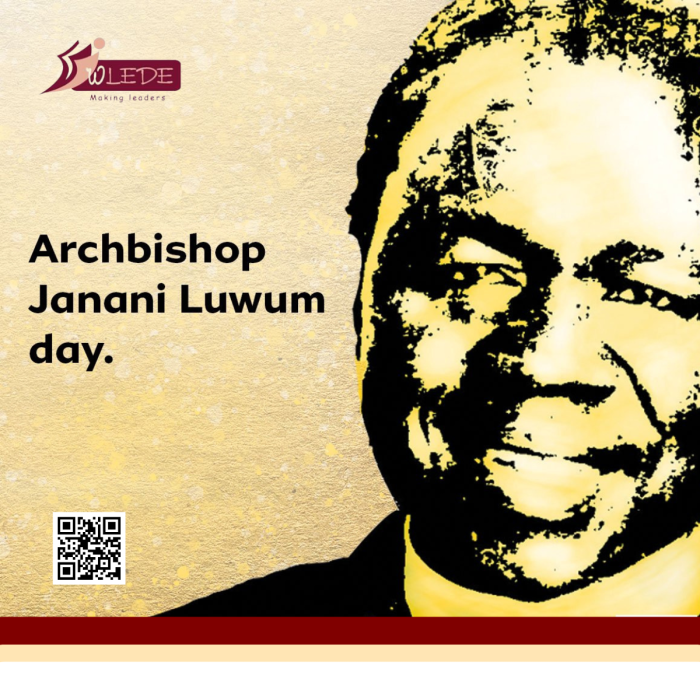
As the world marks 30 years since the Beijing Declaration and Platform for Action, the call for stronger political commitment to gender equality and inclusive governance is louder than ever. For Uganda—and political parties in particular—Beijing+30 is not just a milestone; it’s a moment of reflection and renewed action.
What is Beijing+30?
Beijing+30 commemorates three decades since world leaders came together in 1995 to commit to advancing women’s rights. The declaration outlined 12 critical areas of concern—including women in power and decision-making—that remain just as relevant today.
Thirty years later, progress has been made. But gender gaps still exist, especially in political participation and leadership. Women remain underrepresented, and their voices are often left out of critical decision-making spaces—especially in political parties.
Why Political Parties Must Act
Political parties are the engines of leadership and governance. They decide who gets elected, who makes laws, and who shapes national priorities.
That’s why parties must go beyond rhetoric and start walking the talk. Gender equality should not just be a clause in a manifesto—it must be seen in the way parties recruit, support, and promote women within their structures.
Advocacy is the Game Changer
To meet the goals of Beijing+30, political parties must embrace advocacy as a core strategy. This means:
- Pushing for policy reforms that promote women’s leadership and protect gender rights.
- Engaging communities to understand the barriers women face in politics.
- Collaborating with civil society organizations, like WLEDE, to build inclusive spaces and nurture women leaders.
Lessons from Beijing+30: What Needs to Change
- Representation is still low. Women make up more than half the population but are still a minority in most party leadership positions.
- Political culture is often hostile. Many women face intimidation, limited resources, and lack of support when they enter politics.
- Young women are left out. Political parties must intentionally mentor and support the next generation of female leaders.
A Call to Action
Beijing+30 is a wake-up call. It’s time for political parties in Uganda to recommit to gender equality—not just in words, but through visible, consistent advocacy.
WLEDE urges all political parties to:
- Review their internal policies to support more inclusive leadership.
- Engage in dialogue on gender equality and democratic reforms.
- Actively support women candidates and leaders at all levels.
Moving Forward
WLEDE remains committed to working with political parties to build a more inclusive and gender-responsive political environment. Together, we can turn the Beijing+30 momentum into real, lasting change for women in politics—and for the entire nation.

![Women Leadership Development [WLEDE]](https://wlede.org/wp-content/themes/kipya/images/logo-WLEDE.png
)





